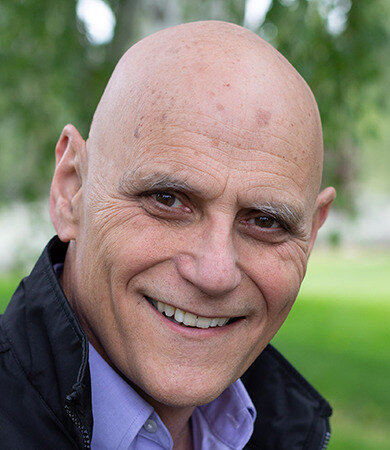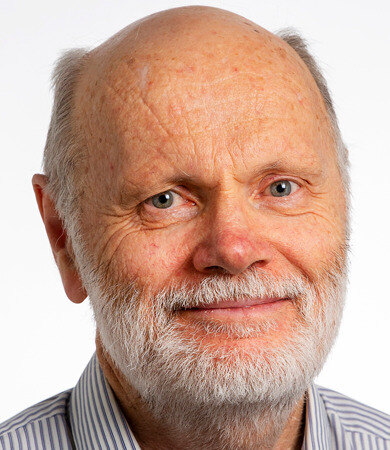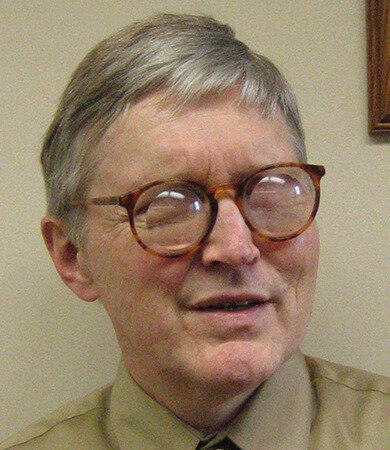2024 Award Recipients
Steven C. Hayes
University of Nevada, Reno

Steven C. Hayes is a Foundation Professor of Psychology Emeritus at the University of Nevada, Reno, and President of the Institute for Better Health. His pivotal focus lies in analyzing human language and cognition and applying this analysis to the alleviation of human suffering. The architect of an empirical model of higher human cognition, Relational Frame Theory, Hayes used it to guide development of Acceptance and Commitment Therapy or Training (ACT in either case), a widely used and researched psychological intervention. A Charter Member and Fellow of APS, Hayes is the author of 47 books and over 700 scientific articles. He has been recognized with several awards, including the Impact of Science on Application award from the Society for the Advancement of Behavior Analysis and the Lifetime Achievement Award from the Association for Behavioral and Cognitive Therapies, among others. A leader in multiple organizations, Hayes was the first Secretary-Treasurer of APS and has served on the National Advisory Council for Drug Abuse in the National Institutes of Health. Hayes’s work has transcended academia and shaped mental and behavioral health globally.
Anthony (Tony) Jorm
University of Melbourne

Anthony (Tony) Jorm is an Emeritus Professor at the University of Melbourne whose research focuses on building the community’s capacity for prevention and early intervention in mental disorders. Jorm and colleagues coined the term “mental health literacy” in 1997, and since then, he has collaborated with a diverse group of colleagues to spearhead the creation of interventions aimed at enhancing various dimensions of mental health literacy. Jorm has been a National Health and Medical Research Council (NHMRC) Australia Fellow and has received numerous awards for his scientific work, including the Life Healthy Communities Award from Suicide Prevention Australia for the Mental Health First Aid program, a course that teaches people how to identify, understand, and respond to signs of mental illnesses, and that has now spread to 25 countries and trained more than 5 million people.
Gordon Legge
University of Minnesota

Gordon Legge is the Distinguished McKnight University Professor in the Department of Psychology at the University of Minnesota, the Director of the Minnesota Laboratory for Low-Vision Research, and Co-Director of the Center for Applied and Translational Sensory Science (CATSS). An APS Charter Member and Fellow, Legge is a recipient of numerous prestigious awards, including an NIH MERIT award, the Lighthouse Pisart Vision Award, and the Charles F. Prentice Medal Award (the most prestigious award given by the American Academy of Optometry). Legge has made a lifetime of contributions that resonate on both personal and professional levels, driven by his unique perspective as an individual with low vision. Through both his research and the research community he has fostered, Legge has illuminated the intricacies of visual processing in individuals with both normal and impaired sight, shaping strategies that have unequivocally enhanced the quality of life for those with vision challenges and solidifying low vision as a topic in vision science.

